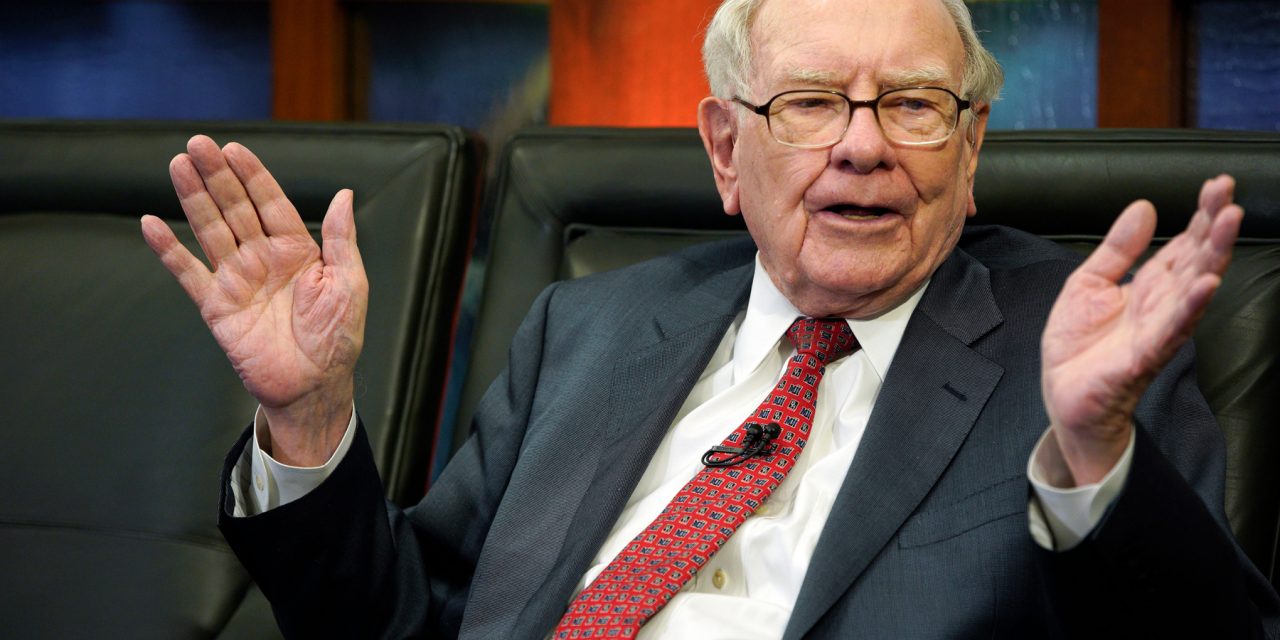When it comes to making investments, Warren Buffett is the name that quickly comes to mind. He is one individual who has made a name for himself to become one of the richest people in the world. All this has been made possible by his having become an authority when it comes to investment matters. One of the striking things about Warren Buffet is his liberal nature when it comes to sharing his knowledge. There’s a wealth of wisdom on mastering the art of investing some of which he generously gives through talking engagements and some through books he has written. Since making investments is one of the most important keys to financial freedom it only makes sense that I should look at some lessons from him.
Investment Isn’t For A Select Few
Warren points out that making investments isn’t a preserve for just a select few, it’s for everyone. He, however, emphasises the importance of doing thorough research before deciding on what to invest in and how much. Essentially he underscores the indispensable importance of acquiring as much knowledge on investing as possible. As the adage goes, ‘great leaders are great readers’; I would equally see it befitting to say ‘great investors are greater readers’. Warren says that you must be up to the task of diligent and rigorous research and study required to make the right investments. Warren Buffet himself, despite being a multibillionaire and owning a huge investment business still avidly reads anything on investment that he can get his hands on.
Emotional Intelligence Matters In Making Investment Decisions
Many people often fall prey to misguiding signals emanating from their emotions when it comes to money matters. Warren says that people tend to be more inclined to validate their perspectives rather than seeking to interrogate them prior to decision-making. Here’s what happens when share prices of business go up people tend to emotionally opt for that investment. Thus they also equally tend to shun it when share prices are plummeting. In principle, a person making investment choices based on that is playing into their own emotions. In reality, the true value of an investment may not be immediately discernable through emotional projections. That’s why he encourages that emotions be kept in check when making investment choices. Rather be systematic and above all, be empirical.
Treat Financial Theories With Caution
He asserts that most of our modern financial theories aren’t always applicable. He discourages the testing of financial hypothesis using just financial theories alone. I think this holds even truer in our own local context where most of the modern financial theories have been defied. So what then must one focus more on if financial theories don’t always hold water? The answer lies in closely studying the market. He highlights that most of what happens in the financial world is borne out of human behaviour. Thus it’s important to pay close attention to that variable. Not to say that financial theories are irrelevant but rather that human behaviour and the theories are married to come up with more informed decisions.
Familiarity Is Key
Most of the times I’ve heard Warren Buffett talk he consistently points out how he isn’t a fan of investing in tech companies. He premises his position on the fact that the tech world is a rapidly changing environment that takes exceptional expertise to be able to make sound investment decisions. So he encourages people to invest in areas or fields that they properly understand. In fact, he even says it’s expedient to invest in your field(s) of expertise. Making investments requires the ability to project into the future and that calls upon someone to fully understand the inner-workings of a particular field.
How To Spot A Good Investment
This is obviously a question that most of you probably might be having. The first thing Warren Buffett looks for when making an investment is about how easy is it is to grasp how the business functions. I guess you can see why he is a big proponent of investing in familiar territory. He then looks at the track record and future projections – if they are good then all is in order. How the business is faring in light of its competitors and the quality of the top management are also focal areas that show how good the investment will be. Then, of course, the business’ financials must look good also. Once these factors check out in your assessment of a business or company then know that chances of a solid return on investment are sky high.
So these are just 5 of some of the many lessons that Warren Buffett speaks or writes on. These lessons are good in that they can be applied to any scenario be if you’re contemplating investing in a project too large investments like investing in a large corporation. Don’t forget the first point, investment is for everyone. In fact, it’s literally impossible to be financial free without making investments. So I’m sure if you’ve never read up on investment matters then this article should be a good starting point.








